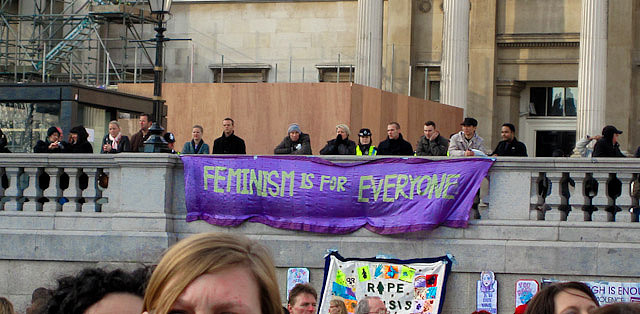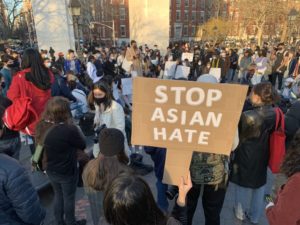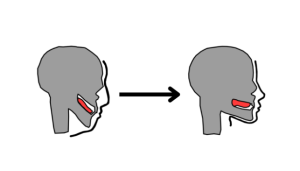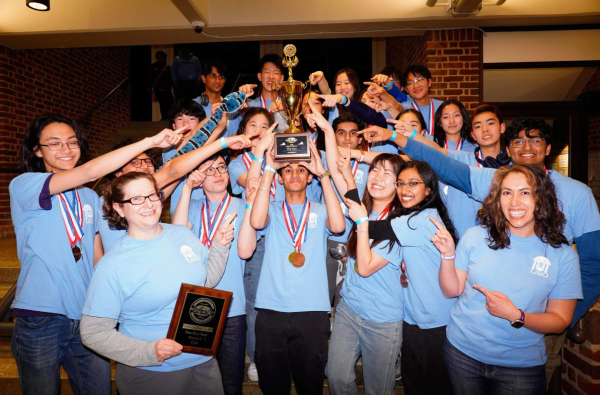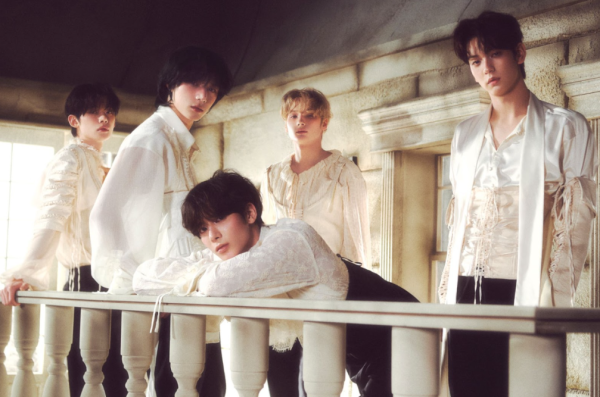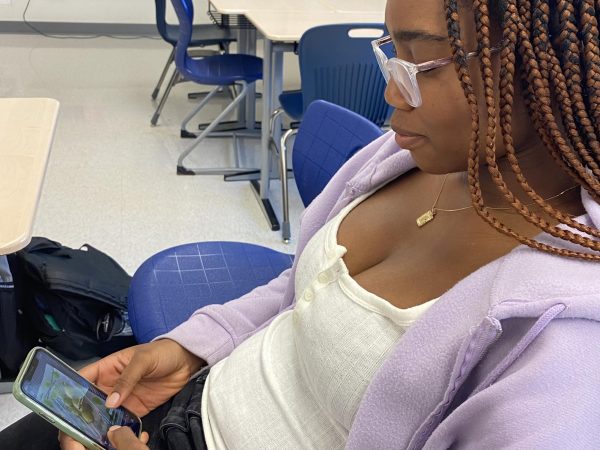This isn’t just another “feminist” opinion article
Feminism, unlike how it is often portrayed in the media, merely advocates for equality regardless of sex.
May 20, 2015
I do not hate men. I do not believe that men should have less rights than women. I do not believe that a woman should refuse all male help for the sake of proving her own independence. Yet, I am a feminist. How can this be?
Unfortunately today, the word “feminist” has a negative connotation attached to it. Too many of us associate feminism with the idea that men should have less power in our society and that all women want to make this the case. I hesitate before calling myself one for this reason.
Feminism is the idea that we should be treated equally as humans, regardless of gender or sexuality. It means that men need to respect women. It means that women need to respect men. It means that we get paid based on the work we do, not based on our chromosomes. It also means that if I buy myself a bottle of shampoo, I should not have to pay more for my product than a male-targeted one with the exact same ingredients. With this definition, we all should call ourselves feminists.
In the media recently, the word has taken on new meanings. From hashtags on Twitter like #HowToSpotAFeminist to the recent “Game of Thrones” rape scene controversy, much of social media accuses feminists of merely being ugly, bra-hating women who speak out with the goal of bringing men down with hatred.
Society’s perception of the word is not nearly true to its meaning.
This establishes an immense barrier in the way of equality of the sexes. In fact, this barrier can easily become violent and dangerous. Just last month, local activist, FCPS graduate and feminist Grace Mann was murdered in her dorm room at the University of Mary Washington after her organization, Feminists Unite On Campus, filed a complaint against the rugby team for sexist pre-game chants. Prior to her death, Mann and several other leaders of Feminists Unite were targeted and threatened over the application Yik Yak for their actions that resulted in the team’s suspension. Mann was found bound and strangled to death by her two female roommates.
Grace Mann did not hate men. She was described by her friends and family as a “force of nature” for change and equality. Yet, she was murdered by her roommate out of hate, a disturbing reflection of societal views on the concept of feminism. I am not unlike Grace Mann, and her death is an unfortunate reminder of the deep rooted hatred that many of us still carry as a society towards feminist activism.
In addition on May 19, anti-feminist media uproar followed rape survivor Emma Sulkowicz’s graduation from Columbia University. Many accuse her of slander and defamation against her claimed perpetrator, Paul Nungesser, who was not convicted for the rape but became the cause of her anti-violence and rape campaign, “Carry That Weight.” Calling her a whore and a crazy feminist, some even go as far as to say that Sulkowicz belongs in jail for her protest against the injustice from Columbia University administration and Nungesser himself.
As fuel to the fire against this misunderstood idea of feminism, many members of the Men’s Rights Activists are claiming that Sulkowicz is torturing Nungesser in the name of feminism and asserting her power over men. Posters calling her a “Pretty Little Liar” surfaced all over Columbia’s campus almost immediately after the graduation ceremony, and a twitter account was established for the purpose of highlighting her as a liar and a fraud. Now that’s defamation. Some have even gone so far as to make the claim that the majority of rape survivors are merely speaking out for the purpose of ruining the accused rapist’s social standing. In reality, according to the Rape, Abuse and Incest National Network (RAINN), less than two percent of rapes in the United States are false.
Emma Sulkowicz was, and is, doing what she believes to be what it takes to bring light to the issue of sexual assault on college campuses. For her, the “Carry That Weight” project is not about tearing down Nungesser’s reputation or being idolized by the small group of radical feminists that hold this stereotypical view on men.
What is not well understood about the word feminism, is that it is not about bringing people down or the removal of power from a certain class or societal group. Instead, it focuses on bringing class groups up to the level of equality that all human beings should be granted, but aren’t yet. I would never associate myself with a group or title of hatred or contempt. I am a feminist because I, too, want to be respected and treated with fairness. In the end, isn’t that what we all want? The sooner we recognize that feminism shouldn’t be regarded with a negative connotation, faster we will advance to a better, more egalitarian world.

